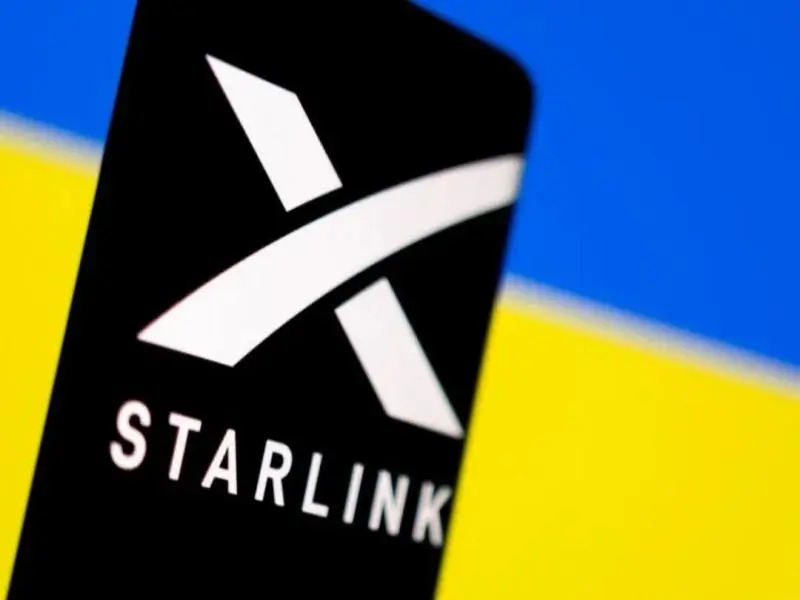- Starlink receives a warning from the Australian Communications and Media Authority for failing to submit required complaints reports on time.
- This non-compliance could hinder the monitoring of its consumer obligations.
What happened: Starlink faces regulatory scrutiny over reporting failures
Elon Musk’s satellite internet service, Starlink, has received a formal warning from the Australian Communications and Media Authority (ACMA) for failing to submit mandatory quarterly complaints reports on time. The company missed four deadlines between October 2023 and July 2024, hindering ACMA’s ability to monitor whether Starlink meets its consumer obligations.
This warning highlights significant compliance issues for the service, which has gained popularity in regional Australia, where internet access is primarily through slower copper networks. Starlink’s rapid growth has raised concerns about its regulatory adherence, especially as the service competes with Australia’s National Broadband Network. Following the warning, Starlink has since provided the outstanding reports and cooperated with the investigation.
Also Read: Elon Musk’s Starlink launches satellite internet service in Somalia
Also Read: Starlink begins operations in Oman
Why it’s important
The warning issued to Starlink underscores critical issues around accountability and regulation in the rapidly evolving tech landscape. As one of the leading satellite internet providers, Starlink’s compliance with regulations is vital for consumer trust and market stability.
The service’s expansion into areas with limited internet access has made it a key player in addressing connectivity challenges in Australia. However, the oversight by ACMA raises questions about the broader implications of foreign ownership and data security in telecommunications.
Moreover, this incident reflects a growing trend in the tech industry, where companies face increasing scrutiny from regulatory bodies. With many tech firms navigating similar compliance challenges, Starlink’s situation serves as a cautionary tale. As consumers become more reliant on these services, the need for robust regulatory frameworks becomes paramount.

